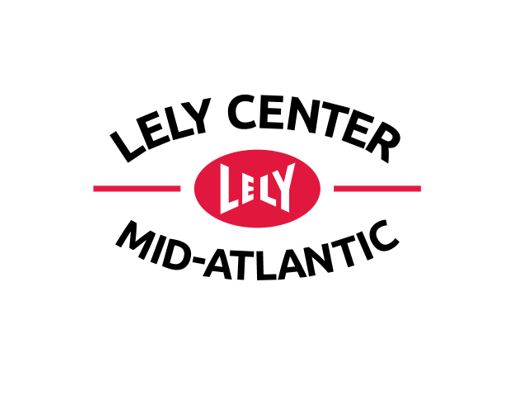
Last month I had the pleasure of joining my fellow FMS Specialists from the surrounding regions in Rochester, New York to attend the Farm Management Support Level 3 training. The training was a specialized class that focused on customer care through relationship management. I enjoyed the training and the chance to connect with robot experts in similar areas to mine.
Here are a few of the takeaways I have since incorporated in my day to day life as Lely Center Mid-Atlantic Operations Manager.
- Our perception of reality is filtered.
It is human nature to filter what we hear others say by our own experiences, beliefs, culture, education, etc. I find this to be true when communicating with farmers while fulfilling my FMS duties. I always aim to avoid telling a farmer something he/she already knows and find it can be difficult to navigate a conversation in this regard. A perfect example of this is when I discuss conductivity with a farmer. I learned about conductivity through my Dairy Science training at Virginia Tech. I have to be careful not to assume everyone understands how conductivity works due to my own education filter. To counteract my own filters taking over what a dairyman is trying to communicate, I have worked hard to incorporate more questions into my farm visits. The objectives of these questions are to help get a fuller picture of goals farmers have, problems they are trying to solve etc. The more direct I can be the easier we can achieve our desired outcome.
- It is our nature to see and focus on the negative.
The dairy industry, particularly this year, tends to be filled with tremendous negativity. As an adviser, it is important to develop our personal I.P.A.- inner positive attitude. We don’t have to succumb to a somber conversation about milk prices. I strive to bring joy and happiness with me when I step onto a farm. One of the methods suggested in the training was to think about all the good things a farmer is doing while driving to the farm. This automatically shifts your focus to positivity- an idea which you can transfer to the farmer by starting the meeting with the positive improvement you have seen the farm make. If all else fails, ask, “What good has happened to you today?”
- Not everyone communicates in the same manner.
My inherent way of communicating is in a way that makes sense to me. When we were discussing this during the training, I thought about the milk access table. When I explain the milk access table, I do my best to describe how it works from a few different angles in order to find one that clicks with the farmer. When we are delivering advice to our customers, we need to do so in a way that makes sense to them. There are four types of customer segments: visionary, convenience seeker, traditionalist, and business optimizer. If I were recommending the herd optimizer module to a visionary, I might talk about how this could lead to more free time and the ability to milk more cows one day. If I were talking to a convenience seeker, I would talk about fetching less cows. If I were talking to a traditionalist, I would talk about the custom take off and the ability to milk cows more comfortably. Lastly, if I were talking to a business optimizer, I would talk about the gain in efficiencies. It’s not that any one message is right or wrong. It’s that one method of communicating may be more effective, depending on the individual. The more effective the message, the more likely it is to stick.
As I continue to challenge myself to be the best team member of Lely Center Mid-Atlantic that I can be, I will incorporate these lessons into my daily communications. As I become a more compelling communicator, my farms and my team will be more successful, and we will all reap the benefits.
